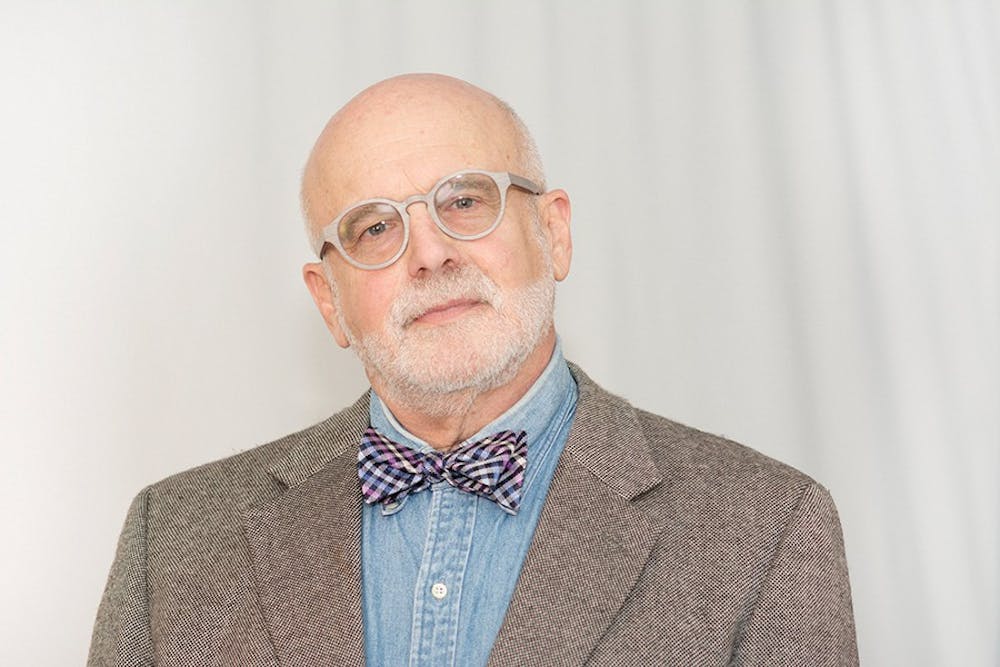Founder and long-time Director of the Penn LGBT Center Bob Schoenberg died suddenly on Monday from cancer.
Schoenberg — who received a master of social work and a doctor of social work from the School of Social Policy & Practice in 1968 and 1989, respectively — founded the LGBT Center in 1982 after witnessing a Penn sophomore being severely beaten and targeted on Locust Walk for being gay. He served as the LGBT Center’s director for 35 years until retiring in 2017.
Schoenberg was born in Erie, Pennsylvania, in 1944 and died at a residential hospice in Wyndmoor, Pennsylvania, according to his obituary.
According to the LGBT Center website, while Schoenberg was a doctoral student at Penn, he was hired to work three days per week as a “point person for lesbian and gay student concerns.” He was the second person in the country to have such responsibilities at a college or university, his obituary reads.
“The Center — and all LGBTQ+ student centers in the US — would not exist without his trailblazing work,” a statement posted on the LGBT Center’s Instagram account reads. “His guidance, knowledge, and quirks will be sorely missed by all in the Center family.”
After the LGBT Center received a donation in 2000, the University committed an entire campus building to housing the Center. The Center moved from an office in Houston Hall, to the third floor of the 3537 Locust Walk offices, to its current location — the historic Carriage House located on 3907 Spruce Street — where it has been since 2002.
Since moving to the Carriage House, the Center has been the physically largest LGBTQ+ center in the nation, according to the LGBT Center website. The Center is also the second oldest LGBTQ+ center in the country.
“Bob was an ardent advocate for, and mentor to, a countless number of LGBTQ+ students during his 35 year career,” Director of the LGBT Center Erin Cross wrote in an email to The Daily Pennsylvanian. “We will never know exactly how many people his work touched, but we do know he will live on in each of their hearts.”









